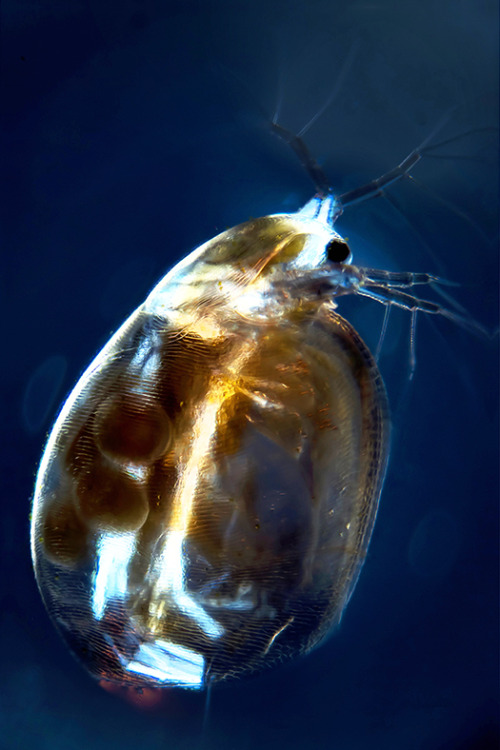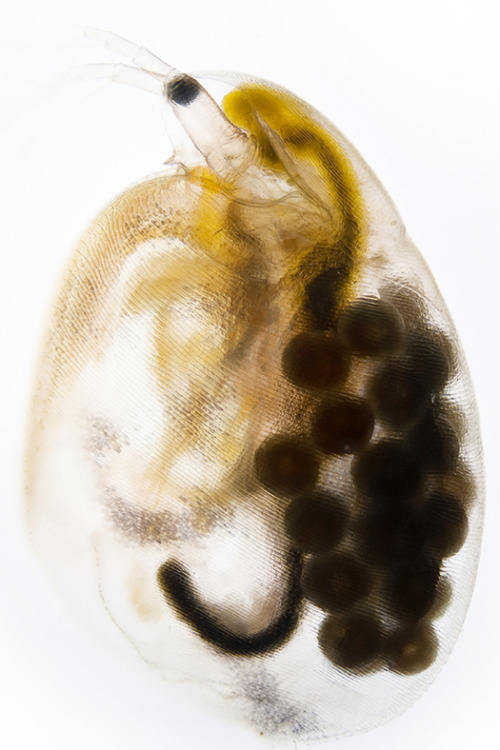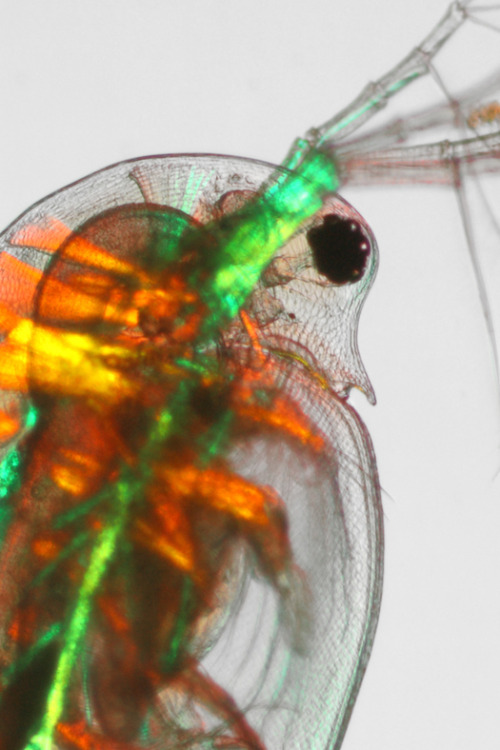Eventos Para Março!!
Eventos para Março!!
What’s Up for March 2017?
What’s Up for March? The moon hides red star Aldebaran and crescents dazzle after dusk.

On March 4 the first quarter moon passes between Earth and the star Aldebaran, temporarily blocking our view of the star. This is called an occultation.

The occultation begins and concludes at different times, depending on where you are when you view it.

The event should be easy to see from most of the U.S., Mexico, most of Central America, the Western Caribbean and Bermuda.

Observers along a narrow path from Vancouver, British Columbia, to Hartford, Connecticut, will see the moon “graze” the star. The star will disappear and reappear repeatedly as hills and valleys on the moon alternately obscure and reveal it.

As seen from Earth, both Mercury and Venus have phases like our moon. That’s because they circle the sun inside Earth’s orbit.

Planets that orbit between Earth and the sun are known as inner or inferior planets.

Inferior planets can never be at “opposition,” which is when the planet and the sun are on opposite sides of Earth.

But inferior planets can be at “conjunction,” which is when a planet, the sun and Earth are all in a straight line.

Conjunction can happen once when the planet is on the opposite side of the sun from Earth and again when it’s on the same side of the sun as Earth.

When a planet is on the opposite side of the sun from Earth, we say it is at “superior conjunction.” As the planet moves out from behind the sun and gets closer to Earth, we see less and less of the lit side. We see phases, similar to our moon’s phases.

Mercury is at superior conjunction on March 6.

A few weeks later, the planet emerges from behind the sun and we can once again observe it. By the end of March we’ll see a last-quarter Mercury.

On April 20 Mercury reaches “inferior conjunction.”

Brilliant Venus is also racing toward its own inferior conjunction on March 25. Watch its crescent get thinner and thinner as the planet’s size appears larger and larger, because it is getting closer to Earth.

Finally, look for Jupiter to rise in the East. It will be visible all month long from late evening until dawn.

You can catch up on solar system missions and all of our missions at www.nasa.gov
Watch the full “What’s Up for March 2017″ video here:
Make sure to follow us on Tumblr for your regular dose of space: http://nasa.tumblr.com
More Posts from Ritasakano and Others

Molecular body guards for neurons
In the brain, patterns of neural activity are perfectly balanced. The interplay between activating and inhibitory neurotransmitters ensures that the level of activity stays within the physiological range. During an epileptic attack excitation gains the upper hand resulting in the death of neurons. Researchers of the Bonn University Medical School have now discovered a key player in a signal transduction cascade, which protects neurons from hyperexcitation-induced cell death. These results open a new direction for the development of novel therapy options. The results are now published in “The Journal of Neuroscience“.
Pathophysiological activity often triggers neuronal cell death. This can for example be observed after an epileptic insult. The cause for this hyperexcitation is excessive release of the signaling molecule glutamate. “This neurotransmitter can switch on signaling cascades that act neurotoxic”, says Prof. Dr. Schoch McGovern of the Institute of Neuropathology and the Department of Epileptology at the University Clinic Bonn. However, neurons try to protect themselves and prevent the damaging hyperexcitation.
The molecular nature of these “body guards” is so far unresolved. Accumulating evidence shows transcription factors to play an essential role in the processes by which neurons protect themselves. These factors switch on certain genes, which then via signal transduction cascades result in the production of neuroprotective substances. These in turn counteract the damaging glutamate-induced hyperexcitability.
Increased neuronal cell death in the absence of Syt10
The team of Prof. Dr. Schoch McGovern could now show that the protein Synaptotagmin 10 (Syt10) is an integral part of this protective shield. If rats for example experience an epileptic seizure, the amount of Syt10 in the hippocampal formation of the brain strongly increases. The researchers used neurons from mice, in which the Syt10 gene had been ablated, and stimulated them with a glutamate like substance. This treatment resulted in substantial neuronal death.
NPAS4 modulates the production of protective factors
The research team discovered, which transcription factor activates the gene for Syt10 in response to pathophysiological neuronal activity. This essential member of the neuronal body guard is called NPAS4. The researchers cultured rodent neurons and added several transcription factors. NPAS4 activated the Syt10 gene and required Syt10 to exert its neuroprotective function. “NPAS4 triggers a signaling cascade that results in the production of neuroprotective factors”, says Prof. Dr. Schoch McGovern.
Search for novel therapy approaches
The molecular identity of the neuroprotective substances is still unknown. “A potential candidate, the insulin-like growth factor IGF-1, was not able to reverse the increased neuronal cell death in the absence of Syt10”, reports the neurobiologist. The next step therefore is to test other substances. Once the identity of the neuroprotective body guards is revealed, novel avenues for therapy development open up, for example for stroke and epilepsy patients. “The goal would be to administer these protective substances from the outside in order to prevent neuronal cell death in the brain”, says Prof. Dr. Albert Becker, a medical doctor, who was part of the study. However, there is still a long road ahead.

Niigata Vista do Hotel Nikko

You could be missing deductions.
When you prepare your own taxes, credits and deductions are harder to spot. That’s why H&R Block’s tax pros are working with Watson cognitive AI to help uncover breaks you have coming, no matter how you earned it.
Learn how Watson and the tax pros do taxes. →
Um trabalho primoroso de Ivan Mizanzuk. Histórias reais sobre pessoas reais.
Colcha de retalho
Início sempre tem seus cortes tortos, mesmo que se use régua e cortador, parece que a mão gosta de dar outro contorno aos cortes.
Colcha de retalho é cheia de lembranças, conta histórias perdidas no tempo e deixa no presente a satisfação de fazer, para o futuro a certeza que a história continua.






A salty situation.
Zooplankton may be the smallest species in the freshwater food chain, but they play a big role in preserving our lakes, streams and wetlands. That’s one of the reasons why IBM joined forces with the Rensselaer Polytechnic Institute and The FUND for Lake George to create the Jefferson Project at Lake George to understand and protect freshwater ecosystems. Recently they studied the effects road salt has on a species of zooplankton. Road salt usage has increased 50-fold since 1940, and bodies of freshwater are increasing in salinity because of it. Using IBM technology, the researchers monitored zooplankton in varying levels of salinity and found that the organisms were capable of evolving a higher tolerance to the salt. This is good news for the ecosystem since the loss of plankton could have cascading effects throughout the food chain. See, small can be mighty too.
Explore the study’s results →
http://mymodernmet.com/otagi-nenbutsu-ji-temple-rakan-sculptures/
Mohommah G. Baquaqua

“’Que aqueles ‘indivíduos humanitários’ que são a favor da escravidão se coloquem no lugar do escravo no porão barulhento de um navio negreiro, apenas por uma viagem da África à América, sem sequer experimentar mais que isso dos horrores da escravidão: se não saírem abolicionistas convictos, então não tenho mais nada a dizer a favor da abolição.’ As palavras são de Mahommah Gardo Baquaqua, ex-escravo nascido no Norte da África no início do século XIX e que trabalhou no Brasil antes de fugir das amarras da servidão em Nova York, em 1847. O trecho consta do livro “An interesting narrative. Biography of Mahommah G. Baquaqua” (“Uma interessante narrativa: biografia de Mahommah G. Baquaqua”, em tradução livre), lançado assim mesmo, em inglês, pelo próprio ex-escravo, em Detroit, no ano de 1854, em plena campanha abolicionista nos EUA. A obra jamais foi traduzida para o português, permanecendo desconhecida do público brasileiro.

Fonte: http://www.bocadaforte.com.br/reportagens/baquaqua-a-auto-biografia-de-um-escravo.html
![Cassini: Photos Of Saturn’s Ocean Moon Enceladus, November 26th 2017: [1] [2] [3] [4] [5] [6] [7] [8]](https://64.media.tumblr.com/d9028e2e0d6a044bf7f46486fdbc2594/tumblr_ohedi4ED2U1r4o9aco1_500.jpg)
![Cassini: Photos Of Saturn’s Ocean Moon Enceladus, November 26th 2017: [1] [2] [3] [4] [5] [6] [7] [8]](https://64.media.tumblr.com/efc6e64bcc45405d8a78249cfbf2fbc6/tumblr_ohedi4ED2U1r4o9aco2_500.jpg)
![Cassini: Photos Of Saturn’s Ocean Moon Enceladus, November 26th 2017: [1] [2] [3] [4] [5] [6] [7] [8]](https://64.media.tumblr.com/c1d38d55509e4e92f02a0ce301fec091/tumblr_ohedi4ED2U1r4o9aco3_500.jpg)
![Cassini: Photos Of Saturn’s Ocean Moon Enceladus, November 26th 2017: [1] [2] [3] [4] [5] [6] [7] [8]](https://64.media.tumblr.com/d6bb6e2182bdcba5970b3495999bbe22/tumblr_ohedi4ED2U1r4o9aco4_500.jpg)
![Cassini: Photos Of Saturn’s Ocean Moon Enceladus, November 26th 2017: [1] [2] [3] [4] [5] [6] [7] [8]](https://64.media.tumblr.com/1cd24c66229f48f88a0c733c040a5039/tumblr_ohedi4ED2U1r4o9aco5_500.jpg)
![Cassini: Photos Of Saturn’s Ocean Moon Enceladus, November 26th 2017: [1] [2] [3] [4] [5] [6] [7] [8]](https://64.media.tumblr.com/118dfe8fb64f25a325170b6c9827ebad/tumblr_ohedi4ED2U1r4o9aco6_500.jpg)
![Cassini: Photos Of Saturn’s Ocean Moon Enceladus, November 26th 2017: [1] [2] [3] [4] [5] [6] [7] [8]](https://64.media.tumblr.com/e03ced7a9d7d631f52e7eb0666afa985/tumblr_ohedi4ED2U1r4o9aco7_500.jpg)
![Cassini: Photos Of Saturn’s Ocean Moon Enceladus, November 26th 2017: [1] [2] [3] [4] [5] [6] [7] [8]](https://64.media.tumblr.com/fb8ce11c6553c95ee42c031a63fa8644/tumblr_ohedi4ED2U1r4o9aco8_500.jpg)
Cassini: Photos of Saturn’s ocean moon Enceladus, November 26th 2017: [1] [2] [3] [4] [5] [6] [7] [8] Image Credit: NASA/JPL-Caltech/Space Science Institute
-
 rubyroller liked this · 5 years ago
rubyroller liked this · 5 years ago -
 iotanis liked this · 6 years ago
iotanis liked this · 6 years ago -
 astra-peraspera reblogged this · 6 years ago
astra-peraspera reblogged this · 6 years ago -
 trenzalcres liked this · 7 years ago
trenzalcres liked this · 7 years ago -
 itslynnsstuff-blog liked this · 7 years ago
itslynnsstuff-blog liked this · 7 years ago -
 and-i-miss-your-ginger-hair liked this · 7 years ago
and-i-miss-your-ginger-hair liked this · 7 years ago -
 mortalmelancholia liked this · 7 years ago
mortalmelancholia liked this · 7 years ago -
 iraqthegreat1-blog liked this · 7 years ago
iraqthegreat1-blog liked this · 7 years ago -
 damnsamubdoin2much liked this · 7 years ago
damnsamubdoin2much liked this · 7 years ago -
 dowhatidosthings liked this · 7 years ago
dowhatidosthings liked this · 7 years ago -
 tal-vez-mejor-no reblogged this · 7 years ago
tal-vez-mejor-no reblogged this · 7 years ago -
 tal-vez-mejor-no liked this · 7 years ago
tal-vez-mejor-no liked this · 7 years ago -
 tinyleaves liked this · 7 years ago
tinyleaves liked this · 7 years ago -
 nimbus-stratus reblogged this · 7 years ago
nimbus-stratus reblogged this · 7 years ago -
 nimbus-stratus liked this · 7 years ago
nimbus-stratus liked this · 7 years ago -
 vibeconsciousoul liked this · 8 years ago
vibeconsciousoul liked this · 8 years ago -
 mayatheamazon liked this · 8 years ago
mayatheamazon liked this · 8 years ago -
 moodypixie liked this · 8 years ago
moodypixie liked this · 8 years ago -
 astrotidbits-blog reblogged this · 8 years ago
astrotidbits-blog reblogged this · 8 years ago -
 astrotidbits-blog liked this · 8 years ago
astrotidbits-blog liked this · 8 years ago -
 sky-dragneel liked this · 8 years ago
sky-dragneel liked this · 8 years ago -
 frogsonafox liked this · 8 years ago
frogsonafox liked this · 8 years ago -
 wildefemme9 liked this · 8 years ago
wildefemme9 liked this · 8 years ago -
 vicho-0w0 reblogged this · 8 years ago
vicho-0w0 reblogged this · 8 years ago -
 vicho-0w0 liked this · 8 years ago
vicho-0w0 liked this · 8 years ago -
 sadkitchenware liked this · 8 years ago
sadkitchenware liked this · 8 years ago -
 hotchkiss1862 liked this · 8 years ago
hotchkiss1862 liked this · 8 years ago -
 vradika liked this · 8 years ago
vradika liked this · 8 years ago -
 jennifornow reblogged this · 8 years ago
jennifornow reblogged this · 8 years ago -
 programmingravenclaw reblogged this · 8 years ago
programmingravenclaw reblogged this · 8 years ago
